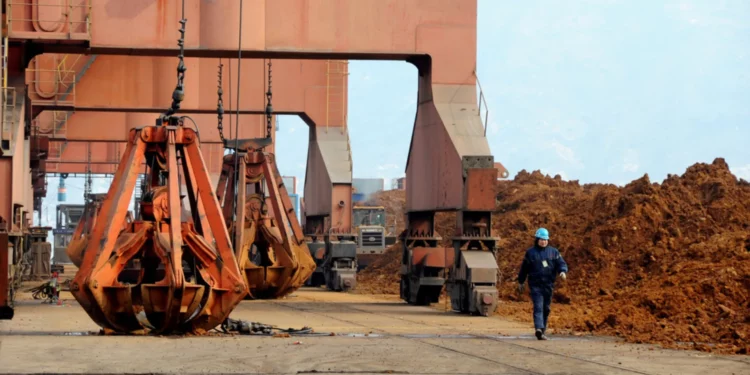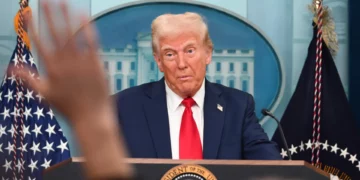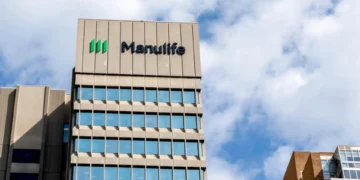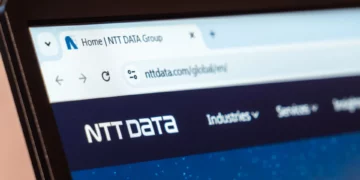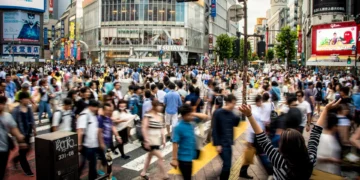Japan has been pressuring the US to reconsider its tariff policy, particularly the 25% import tariffs on automobiles built in Japan since car manufacturing is Japan’s largest industry.
Japan plans to collaborate with the United States on rare earth supply chains in the upcoming tariff talks following the recent incident in which China limited the export of crucial minerals.
China decided in April to halt the exports of a variety of rare earths and related magnets. The decision has completely disrupted the supply chains that are essential to automakers, aerospace manufacturers, semiconductor businesses, and military contractors.
China controls the global monopoly on the precious rare earth metals needed to produce phones, cars, and missiles. It plays hardball over the relaxation of export restrictions to resist pressure from many countries, including the US, EU, and India.
Global automakers have warned of possible production halts, raising red alarm over the situation.
Some European auto component factories have temporarily suspended production, and Mercedes-Benz is working to guard itself against rare earth shortages.
Japan’s Jiji Press reported that the US has decided to show a soft spot for Japan and lower the additional percentage of reciprocal duties imposed on them.
US President Donald Trump imposed 24% tariffs on Japanese exports to the United States. However, like many of his levies, he has postponed them until early July to give time for negotiations. Meanwhile, the universal rate is still at 10%.
Ryosei Akazawa, Japan’s top tariff negotiator, went to Washington starting Thursday for the fifth round of negotiations with the US counterparts, including Commerce Secretary Howard Lutnick and Treasury Secretary Scott Bessent.
Japan and the United States agreed to fasten seatbelt in the tariff talks after making some progress in establishing the framework for expanding bilateral trade in hopes of reaching a “mutually beneficial deal.”
Japan’s chief negotiator, Ryosei Akazawa, told reporters that they had decided to hold intensive ministerial discussions from mid-May onward to resolve points of contention at the working level after a meeting with Treasury Secretary Scott Bessent and other members of the US Cabinet in Washington.
Akazawa did not mention it specifically, but he claimed that they had been able to further talks on issues including removing nontariff barriers and extending bilateral trade and economic security cooperation.
When questioned about whether the Japanese and US presidents can reach a deal in June, he mentioned that the timing is not final.
Japanese Prime Minister Shigeru Ishiba and US President Donald Trump may have a bilateral meeting when Canada hosts this year’s Group of Seven summit in mid-June.
Trade Representative Jamieson Greer and Commerce Secretary Howard Lutnick attended the two-hour-long meeting. It did not include any discussion of defense spending or currency rates, according to Akazawa.
Japan has been pressuring the US to reconsider its tariff policy, particularly the 25% import tariffs on automobiles, since car manufacturing is Japan’s largest industry.
According to sources, Suzuki Motor was the first Japanese car manufacturer to be affected by China’s restricting the export of rare earth metals. It has stopped production of its flagship Swift subcompact.
Due to the scarcity of components, the company had to suspend the manufacture of the Swift, except the Swift Sport model.
There have been multiple delays in the plans to resume production. After the availability of parts is confirmed, Suzuki plans to partially resume manufacturing on June 13 and fully resume production on June 16.
According to reports from India in recent weeks., automakers are becoming increasingly worried about the shortage of rare earth magnets, which are essential to producing electric vehicles (EVs) and even some portions of conventional cars with internal combustion engines.


